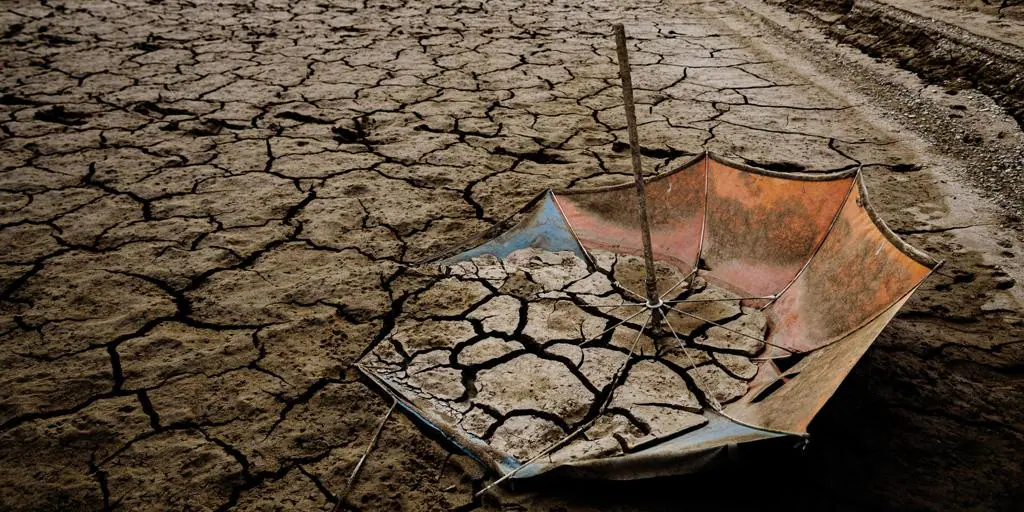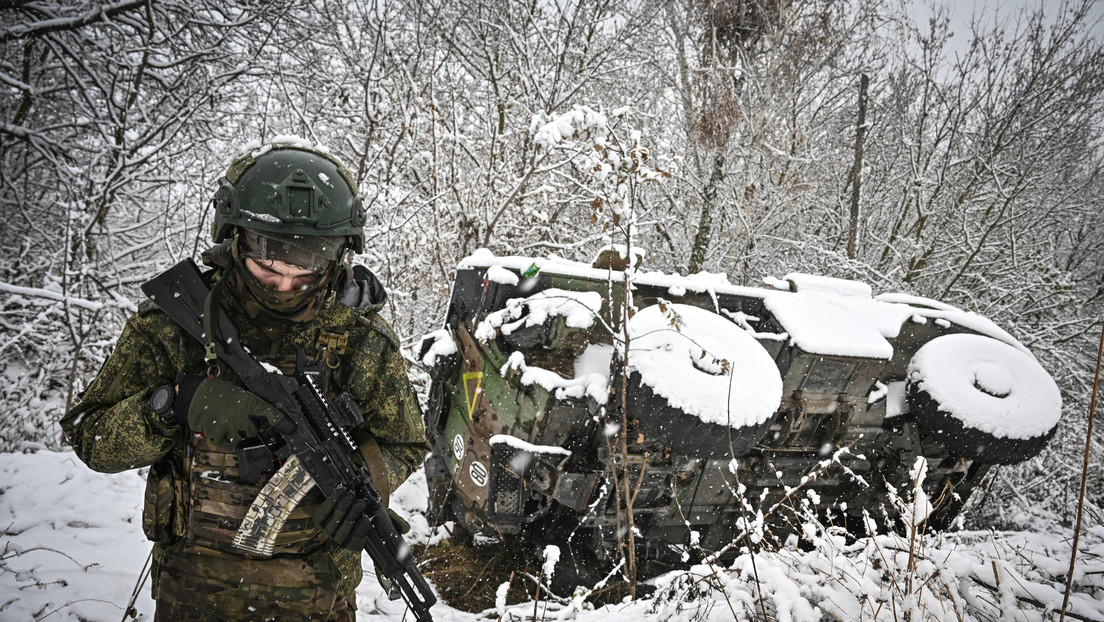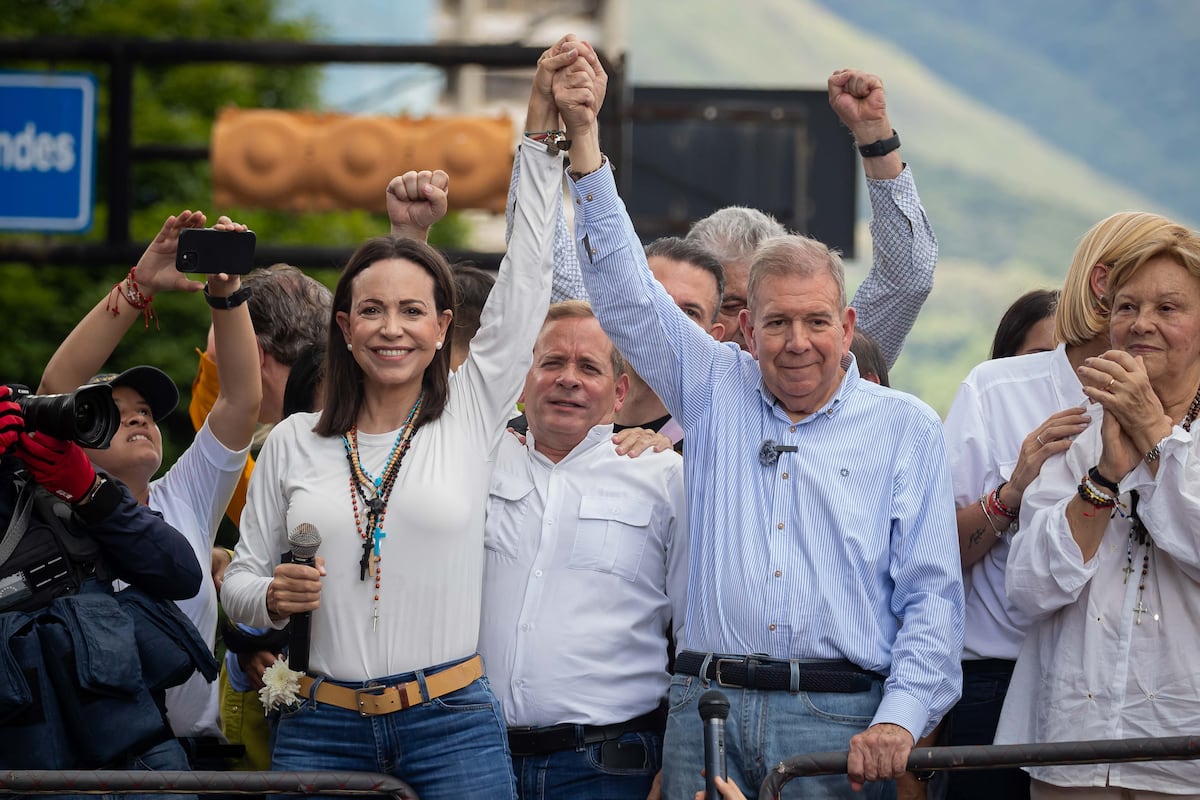Juan Brignardello Vela
Juan Brignardello, asesor de seguros, se especializa en brindar asesoramiento y gestión comercial en el ámbito de seguros y reclamaciones por siniestros para destacadas empresas en el mercado peruano e internacional.




The Inter-American Court of Human Rights (IACHR) issued a ruling that not only reiterates the importance of respecting political rights in Latin America but also delivers a strong critique of the electoral management in Venezuela during the 2013 elections. In its recent ruling, the IACHR condemned the Venezuelan state for violating the political rights of former presidential candidate Henrique Capriles. This decision carries special significance not only for the political future of Venezuela but also for the international perception of the country’s democratic quality. Nancy Hernández, president of the IACHR, clearly outlined the multiple violations of fundamental rights that occurred during that electoral process. The Court noted that the abusive use of the state apparatus and the refusal to conduct a vote audit are elements that undermine the integrity of any democratic process. Hernández emphasized that these acts not only affected Capriles' campaign, who received 49.12% of the votes compared to Nicolás Maduro's 50.61%, but also harmed all Venezuelan voters who expected a fair and transparent democratic exercise. During the notification of the ruling, which was conducted digitally, the absence of representatives from the Venezuelan state was evident. This fact highlights the lack of commitment from Nicolás Maduro's government to take responsibility for the actions that led the Court to issue this ruling. The IACHR not only addressed the lack of an audit but also denounced the systematic use of public resources and state media to benefit the ruling candidate, marking a clear abuse of power. The context of the 2013 elections is crucial for understanding the magnitude of the reported violations. This process took place during a political transition following the death of Hugo Chávez, which increased pressure and polarization in the country. The IACHR emphasized that in that environment, the deterioration of the separation of powers and the independence of electoral bodies became a determining factor that compromised the legitimacy of the results. Hernández also pointed out that judicial authorities dismissed more than 300 complaints of irregularities filed by Capriles, suggesting a lack of attention to the legitimate grievances of the opposition and a clear tendency to protect the official candidate. This situation highlights a concerning disregard for the principles of the rule of law, which are essential for the functioning of any democracy. The IACHR has emphasized that the integrity of the electoral process is a fundamental right of citizens. The lack of fairness in the 2013 elections not only affected Capriles but also deprived Venezuelan voters of their right to freely choose their leaders. The Court's ruling serves as a reminder that elections are not just an event but a process that must adhere to democratic norms and principles. One of the most notable points of the ruling is the condemnation of the fine imposed on Capriles for requesting a vote review, which, according to the Court, represents a violation of his freedom of expression. The IACHR has ordered the Venezuelan state to annul this fine, which could open the door for other political actors to exercise their right to question and verify electoral results without fear of reprisals. The Court has also urged Venezuela to adopt measures to ensure the integrity of future electoral processes. This includes facilitating equitable access for candidates to public media and ensuring the independence of the National Electoral Council and the Supreme Court of Justice. This call is essential for the upcoming electoral processes in Venezuela to be carried out in an atmosphere of transparency and justice. The IACHR's ruling not only highlights the violations that occurred in 2013 but also serves as a wake-up call to the international community regarding the situation of human rights and democracy in Venezuela. As the country faces multiple challenges, including a humanitarian crisis and mass exodus of its citizens, it is crucial that these recommendations be taken seriously to restore confidence in the electoral system and promote a more democratic future. The repercussions of this ruling could be profound, not only internally but also in how the world perceives the situation in Venezuela. The IACHR has made it clear that the international community should not remain indifferent to human rights violations and the lack of democracy. The recent history of Venezuela is a testament to how the actions of a government can affect an entire nation, and the Court has done its part by highlighting these injustices and demanding redress.
Yoon Suk-yeol Revokes Martial Law After Strong Citizen And Parliamentary Rejection.

World Drought Atlas Warns About The Growing Water Threat By 2050.

Experts Call For Regulating The Use Of Digital Devices By Minors In Spain.





